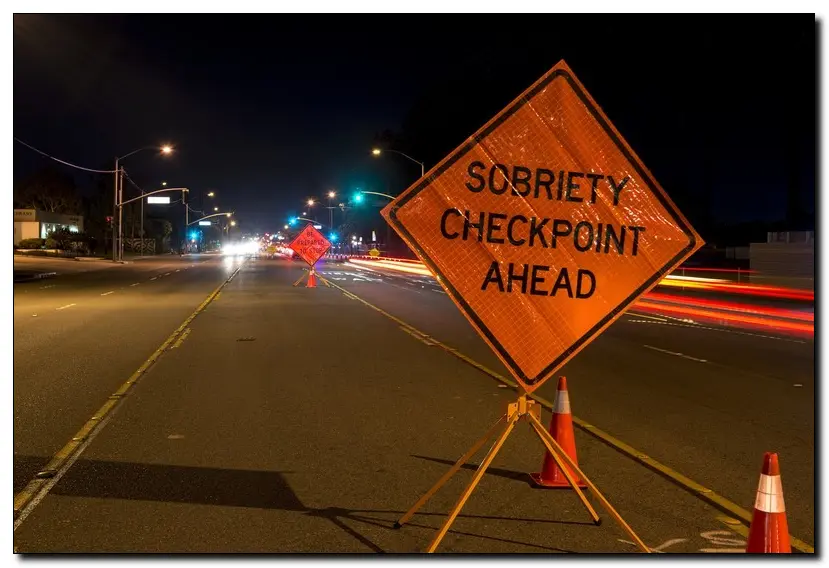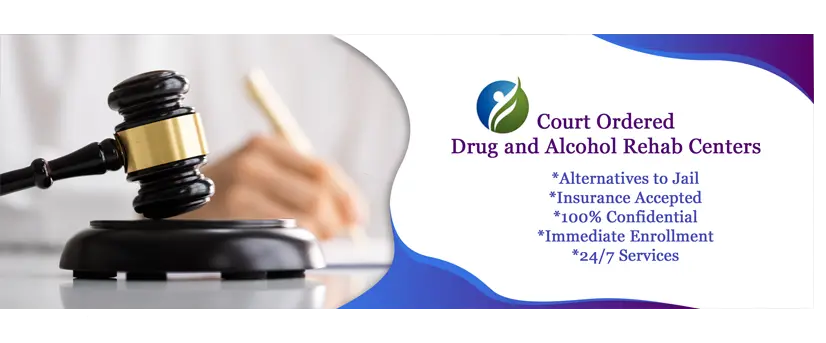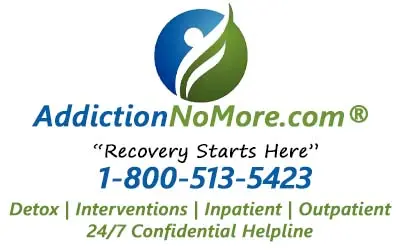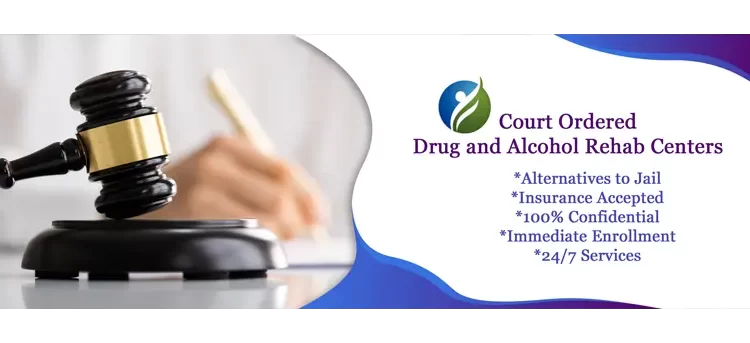Court-Ordered Drug Rehab Programs in Oklahoma
Court-ordered drug rehab and treatment programs in Oklahoma are offered to people who have committed crimes because of addiction. People who are dependent on drugs and alcohol are often not in control of their own actions when under the influence. This can take a person down a path of criminal and seemingly risky behavior. This behavior can grow in severity quickly and can lead to some very serious charges that one can face while dealing with the court system. For those who have been charged with minor crimes and those who are first-time drug offenders, getting the help needed is the first step in avoiding more serious future problems and charges. Addiction No More can not give legal advice however if you are looking for rehabilitation for addiction we can help you find treatment in your area or anywhere in the country. Give us a call today and we can help immediately.1-800-513-5423

What is Court Ordered Treatment?
The courtroom judge will often have the option to order drug or alcohol rehabilitation instead of incarceration when a person is faced with charges brought about by the use of drugs or addiction. This option has been available to judges across the country for over 20 years. Judges prefer to see defendants take responsibility for their actions. Typically, a judge might order the defendant to enroll in a treatment center if the judge deems the defendant’s addiction was an underlying reason for committing the crime. The judge may feel that rehab would be better than incarceration. In other cases, a family could seek an emergency court intervention to get the person into a rehab program when that person refuses to do so voluntarily.There has been a significant rise in the prison population in the last 25 years and most of this is due to nonviolent drug-related crimes in Oklahoma. The option of ordering people into treatment centers for addiction can keep the prison population down. This takes the burden off of the state and puts the burden of finding treatment on the individual. Oklahoma saves money by offering treatment as a court order and some state-funded treatment options. If you have an attorney representing you, be it court-appointed or private, they can ask the judge if there is a deferred prosecution program in Oklahoma that can be applied to your case.
You may or may not be given options for treatment by the court system. Usually, it is up to the individual, to find a treatment program on their own. While involved in a court-ordered drug rehab program, the courts and the treatment facility will be in close and constant contact to make sure the individual is getting the help they need, as well as complying with the court-ordered mandate for treatment in the state of Oklahoma. Our addiction treatment specialists are here to help you find the best alternative to jail program today.
1-800-513-5423

What Happens at a Court-Ordered Drug Rehab in Oklahoma?
When a person enters a program for addiction that is court-ordered in Oklahoma, the individual will receive the best possible treatment to handle their addictions and the pending court actions. With an individual treatment plan, the person’s likelihood of success will improve greatly. While in treatment that is court-ordered in Oklahoma, there may be some community service required as well as monetary compensation to the courts, for their time. The program will make sure that this is being handled or that there is a plan in place to handle this.Starting a program with a plan in place for achieving specific goals while in treatment will give the best chance for recovery when facing incarceration due to a drug charge. If in fact, the only motivation for treatment is to handle the courts, there can become a significant improvement and in some cases a full recovery from drugs and alcohol. In Oklahoma, when a person receives a court order from the judge to enter treatment this forces the individual, sometimes against their will, to enter into a treatment program.
If you have been pulled over and arrested for a drinking and driving offense in Oklahoma there are a few things that you can do to help stay out of jail and hopefully, avoid a life-changing DUI conviction. Depending on the type of charges you have, you may be required to complete a DWI or DUI Court Referral Program in Oklahoma. Deferment programs are available for people who have been caught drinking and driving and who qualify in certain instances. These deferment programs are intensive and treatment-based. If a deferred sentence is unavailable to you but you still want to get your ticket dismissed or avoid jail time, going to a deferment program may be an alternative to consider. If you are allowed to participate in a pretrial diversion program, you will be required to attend substance abuse or alcohol classes at your own expense instead of going to jail. If you complete the program, you will not receive a criminal conviction on your record.

Find Court Ordered Drug Rehabs Near Me
Treatment for addiction in place of jail time in Oklahoma is a very common outcome for those seeking help to end their addictions. Give our addiction specialists a call now. We will help you locate the best treatment option for deferred prosecution as an alternative to jail program in Oklahoma. We can help you locate treatment for addiction in your area or anywhere in the country. To locate AA meetings, group meetings, 12-step programs, inpatient treatment, or outpatient services in your town give us a call. There are many options for drug rehab services in many cities in Oklahoma.1-800-513-5423
Broken Arrow, Oklahoma Drug RehabsEdmond, OK Addiction Treatment
Lawton, Oklahoma Drug & Alcohol Rehabilitation
Midwest City OK Substance Abuse Treatment
Norman, Oklahoma 30/90-Day Treatment Centers
Oklahoma City, Ok Inpatient Drug Rehab Programs
Stillwater, Oklahoma Treatment Centers for Addiction
Tulsa, Oklahoma Detox Centers, and Rehab Facilities

Sources
Oklahoma Treatment Court Manual
Drug Courts
Mental Health Substance Abuse Coverage
Criminal and Juvenile Justice
Intercept 3: Jail/Courts
Substance Abuse Treatment, Testing, and Abstinence
Erik Epp – Content Author




